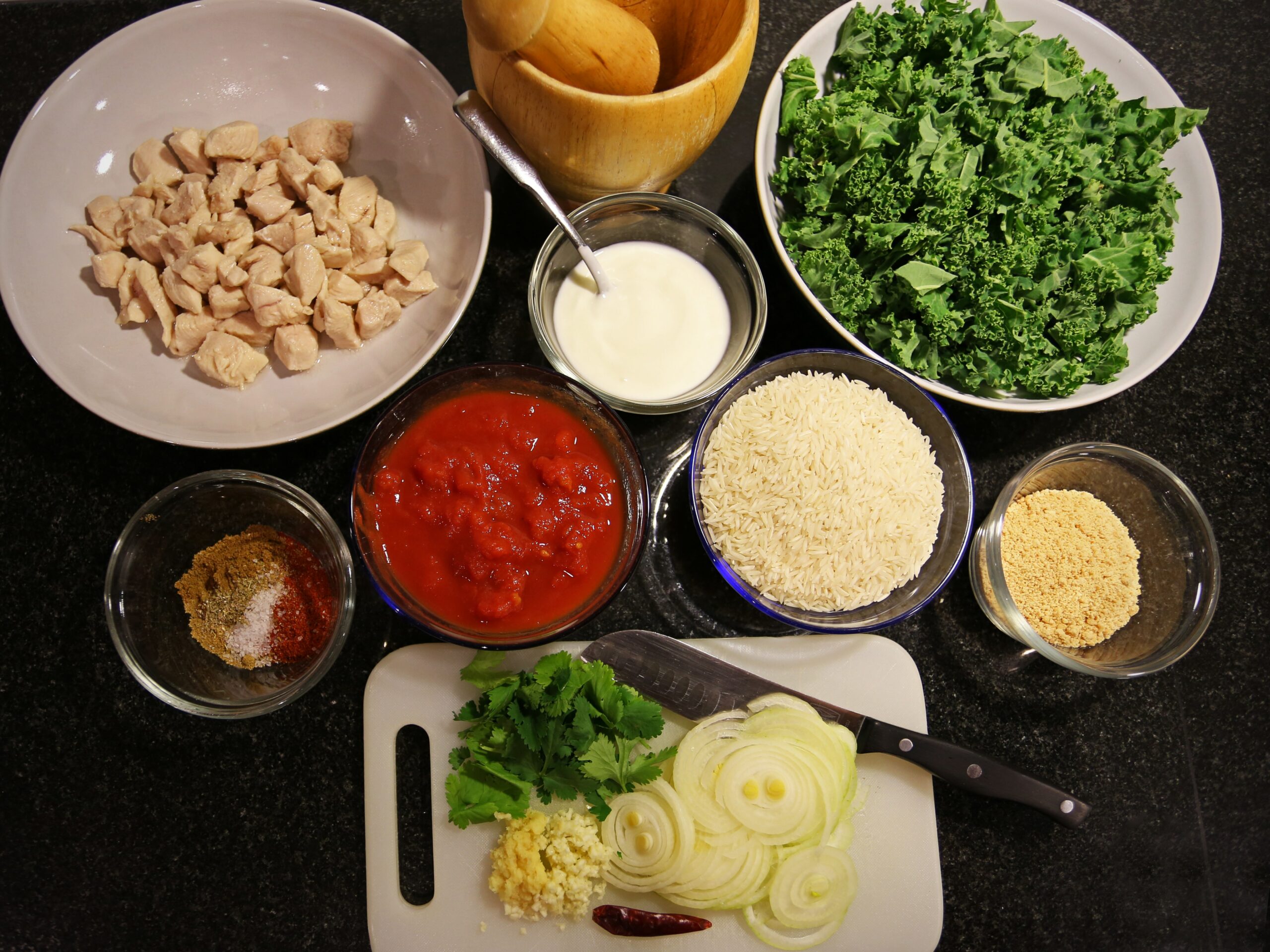
The Vital Connection Between Vitamin D, Omega Fatty Acids, and the Body’s Endocannabinoid System
The human body has always been fascinating to me. It’s a marvel of biological design, with intricate systems that work in harmony to regulate mood, immunity, pain perception, metabolism, and more. Our very own endocannabinoid system (ECS) has the incredibly important role of maintaining internal balance (homeostasis). While much of the conversation around cannabinoids revolves around cannabis, it’s essential to recognize that the body produces its own cannabinoids, known as endocannabinoids. These natural compounds rely on specific nutritional building blocks, particularly vitamin D and omega-3 and omega-6 fatty acids, to be synthesized and function effectively.
The Endocannabinoid System in Brief
The ECS is composed of three main components:
• Endocannabinoids (like anandamide and 2-AG),
• Receptors (CB1 and CB2),
• Enzymes that synthesize and break down these compounds.
This system influences everything from inflammation and immunity to appetite and mood. But to operate optimally, the body must have access to raw materials, primarily fatty acids and vitamins that serve as biochemical precursors.
Omega Fatty Acids: The Building Blocks of Endocannabinoids
Omega-3 and omega-6 fatty acids are essential fats the body cannot produce on its own, meaning they must come from the diet. These fats are converted into the lipid molecules that form endocannabinoids.
For example:
• Anandamide is derived from arachidonic acid, an omega-6 fatty acid.
• Omega-3s can be converted into endocannabinoid-like molecules such as DHEA (docosahexaenoyl ethanolamide) and EPEA (eicosapentaenoyl ethanolamide), which have anti-inflammatory properties and bind to CB receptors similarly to endocannabinoids.
A balanced intake of omega-3’s to omega-6’s (ideally a rato of 1:1 to 1:4 respectively) help support the body’s ability to produce both anti-inflammatory and
📖 Reference: Kim, H. Y., & Li, H. (2021). Omega-3 polyunsaturated fatty acids and the endocannabinoid system in brain health and disease. Brain Research, 1756, 147347. https://doi.org/10.1016/j.brainres.2021.147347
Vitamin D: A Regulator of Endocannabinoid Tone
Vitamin D acts more like a hormone than a vitamin, influencing gene expression, immune function, and inflammatory responses. Recent research has shown that vitamin D modulates the expression of enzymes involved in the synthesis and degradation of endocannabinoids, helping regulate the system’s overall “tone” or responsiveness.
For instance, vitamin D:
• Enhances the activity of fatty acid amide hydrolase (FAAH), an enzyme that breaks down anandamide.
• Influences CB2 receptor expression, potentially affecting immune regulation.
Vitamin D deficiency is associated with chronic inflammation, pain, anxiety, and immune dysfunction… all areas modulated by the ECS. By supporting healthy vitamin D levels, the ECS is better equipped to maintain balance and respond to physiological stress.
📖 Reference: Gu, X., Simmen, R. C., & Simmen, F. A. (2016). Dietary vitamin D and its metabolites regulate endocannabinoid system in intestinal epithelial cells. The Journal of Nutritional Biochemistry, 27, 119-127. https://doi.org/10.1016/j.jnutbio.2015.08.005
Nutritional Synergy for Endocannabinoid Health
Combining adequate vitamin D with a diet rich in omega-3 fatty acids (from sources like flaxseed, walnuts, salmon, and algae) creates an optimal biochemical environment for the ECS to thrive. This synergy not only supports endogenous cannabinoid production but may enhance the body’s resilience against chronic inflammation, stress, and neurodegenerative changes.
Final Thoughts
While cannabinoid-based therapies have gained popularity, the foundation of a healthy endocannabinoid system starts with nutrition. Supporting your body with the right fats and micronutrients—particularly vitamin D and omega fatty acids—is a powerful way to optimize natural cannabinoid production and function. In a world increasingly out of balance, nourishing the ECS is a grounded, science-backed step toward greater vitality and wellbeing.

Love Hawkins graduated from Cohort 1 of the CannyNurse® Certificate Program in 2021 and joined Ariana as the Assistant Instructor for the CannyNurse® Certificate Program in August of 2022 with Cohort 4. Love was so committed to her study of cannabis nursing that she completed both the CannyNurse® certificate program and the Pacific College of Health Sciences Medical Cannabis Certificate at the same time. It is an honor to have her on the CannyNurse® faculty!